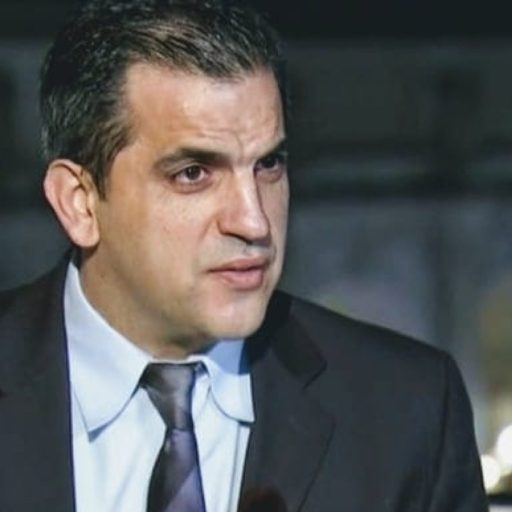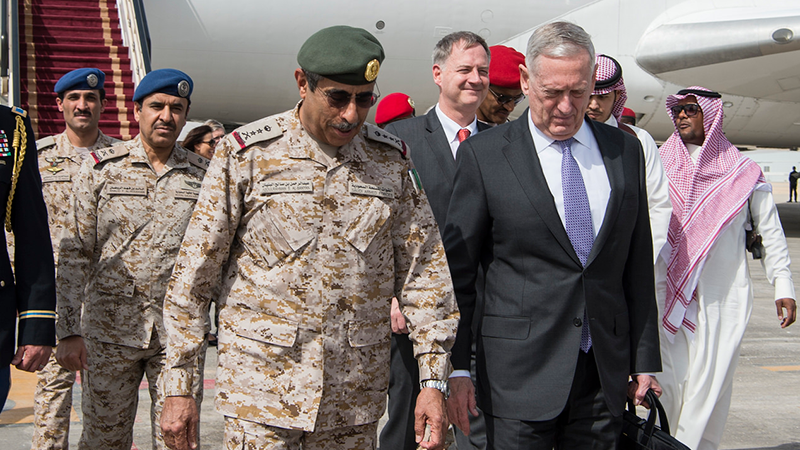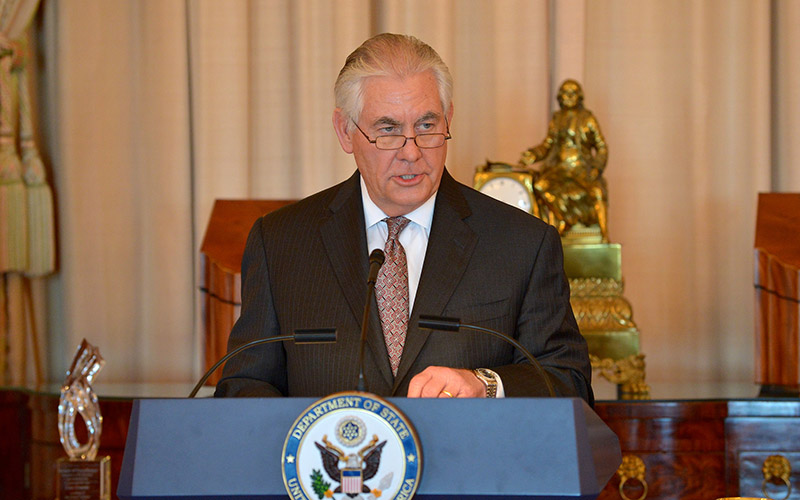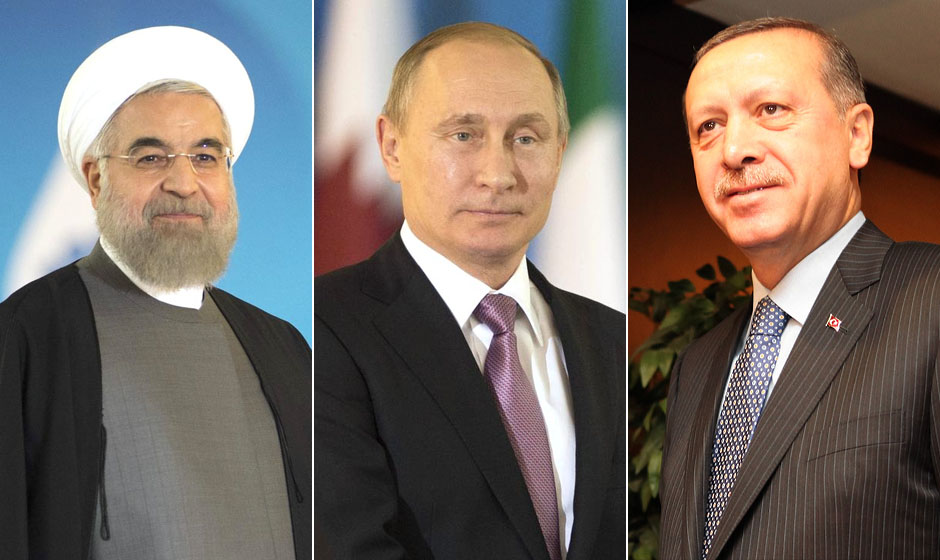Publications
Publications
The Outsider Diplomat: Tillerson Strives to Define his Role
One of Washington’s best kept dilemmas is whether the 69th US Secretary of State, Rex Tillerson, is under siege by the White House or simply an outsider striving to fit in among competitive power centers in President Donald Trump’s Administration. No American secretary of state in the past decades had such a rough start at this federal job, which is considered one of the four most important cabinet positions. Tillerson’s performance as Secretary of State may determine the direction of US foreign policy. Here’s a link to my latest policy analysis…
Publications
Lebanon’s Oligarchy Consolidates Control over the Security Establishment

After an impasse of nearly four years, on March 8 the Lebanese government announced a sectarian quota deal to fill the security establishment’s leadership positions. Amid tensions surrounding Hezbollah’s regional activities, these appointments come at a critical moment for the country’s stability and for the future of US military aid to Lebanon. Here’s a link to my latest policy analysis on how Lebanon’s oligarchy consolidated control over the security establishment…
Publications
Trump’s Defense Budget Militarizes US Foreign Policy
The signature blueprint of any US president is the federal budget. Donald Trump is giving us an insight into how he views the world and what resources he intends to employ in advancing US interests abroad. The FY 2018 defense budget proposal alters the way the United States projects its power while offering no levelness between defense and diplomacy. Sustaining US influence abroad has a price tag. That’s the core of the budget battle in the coming weeks. Here’s a link to my latest policy analysis on Trump’s defense budget and its impact on US foreign policy…
Publications
How Will Trump Run Washington’s Favorite Killing Machine?

Nothing defined President Barack Obama’s doctrine more than the use of drones in projecting a minimalist—yet potent—approach of US power abroad. Seven countries with fragile governments, civil wars, and/or strong extremist groups have been the scene for this predator approach to foreign policy. Now, after Obama has institutionalized Washington’s favorite killing machine, President Donald Trump has a spectacular tool of war in his hands with virtually no domestic or international accountability. Furthermore, a review of the US Department of Defense’s daily reporting of strikes against the Islamic State in Iraq and the Levant (ISIL) in Syria and Iraq in the last two months shows a 6.67 percent increase of drone strikes in February 2017, the first full month of the Trump Administration. Here’s a link to my latest policy analysis tackling two crucial policy questions: who in Washington will have control over the drones, and how will the Trump Administration transform their role in serving US interests.
Publications
Jordan’s King Abdallah in Washington: ISIL and Jerusalem
In what was described as a working visit, Jordan’s King Abdullah II arrived on January 30, 2017, and became the first Arab leader to come to Washington since the inauguration of President Donald Trump. Two crucial regional issues he raised could potentially impact Jordan’s domestic stability: the flow of extremists across his country’s border and the repercussions of moving the US embassy from Tel Aviv to Jerusalem. Here’s my take on the challenges facing Jordan and US policy in the Middle East.
Publications
After Aleppo: The Political and Regional Implications of the New Middle East “Troika”
The fall of Aleppo and the emergence of the “troika” are a turning point, but they are not a culmination of the Syrian conflict. More battles and failed peace talks are yet to come before the war ultimately concludes. This critical juncture allows all the internal and external players to take stock of their positions nearly six years after the Syrian crisis began. Here’s a link to my latest analysis on the regional dynamics in Syria after the fall of Aleppo.
Publications
November 8: What’s at stake for the Arab world?
As there is no Arab consensus on most regional challenges, the recent poll tell us that we also cannot talk about a unified Arab public opinion. However, both candidates will begin their presidency from a pre-defined attitude among Arabs who are closely watching the US election. While Obama came to power in 2008 along with high hopes in the Arab world, Clinton or Trump will come to power next January with little or no definitive Arab expectations. Here’s a link to my latest analysis…
Publications
End of Stalemate: A Loose Power-Sharing Agreement in Lebanon

After a 30-month impasse that paralyzed the country’s governing institutions and questioned the legitimacy of the confessional system, the Lebanese Parliament is expected to elect on October 31 former General Michel Aoun as the new President. While this breakthrough reinforces the shifting alliances among the ruling oligarchy, it is unlikely to resolve the core deficiencies of the country’s political system. Here’s a link to my latest analysis on the breakthrough in the Lebanese presidential election.
Publications
The New Regional Order amid the Aleppo Rubble
It became obvious in recent weeks that the US-Russian channel regarding Syria has run its course and can no longer be the bedrock of efforts to resolve the Syrian war. Emerging new trends in the Middle East including the growing tensions between Washington and Moscow, the convoluted nature of the Syrian battlefield and the realignment of alliances in the region, have re-framed the parameters of that conflict. Here’s a link to my latest analysis on the geopolitics of the Aleppo battle…





